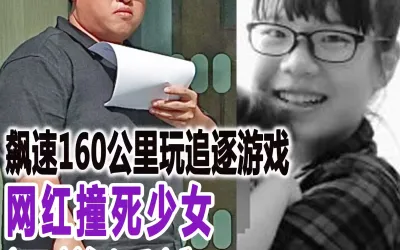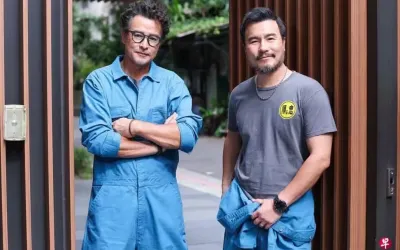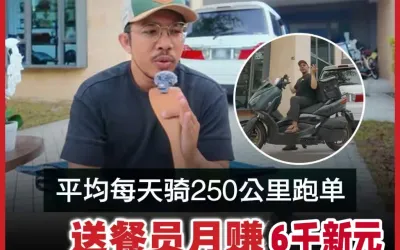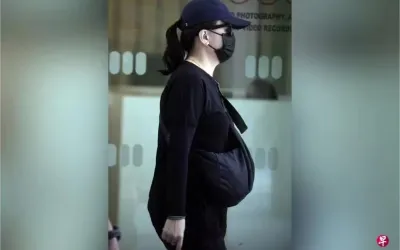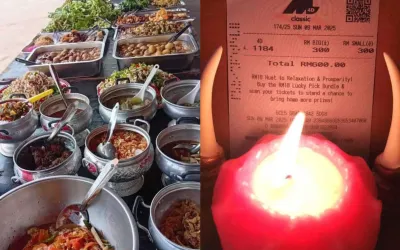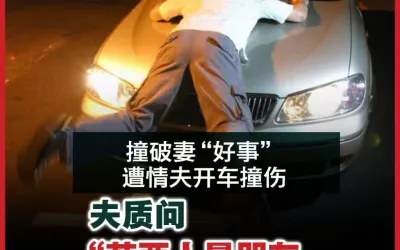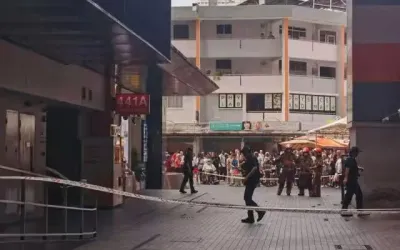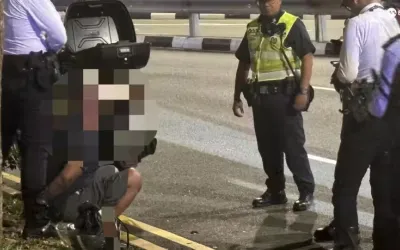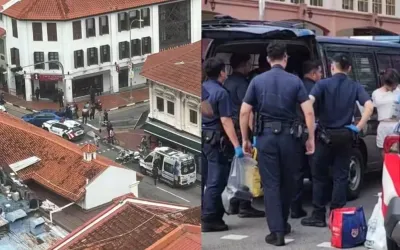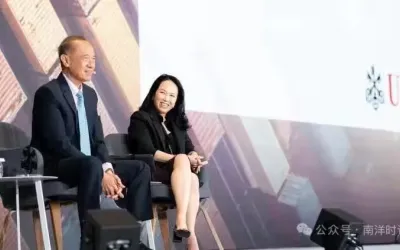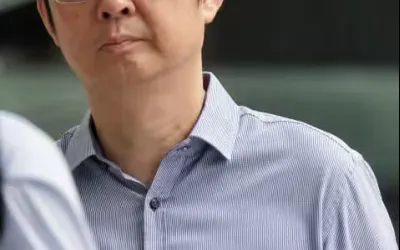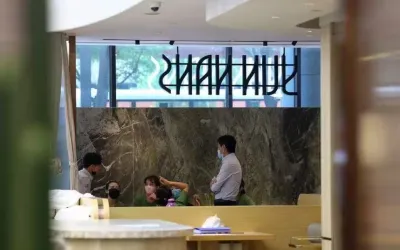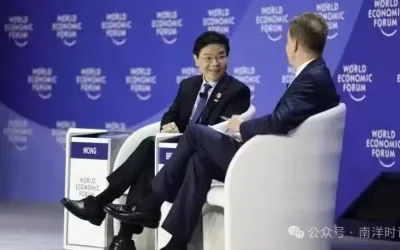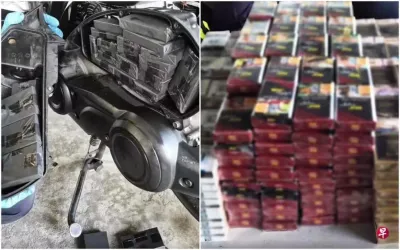新加坡交通部長徐芳達在國會就交通領域(關鍵企業)法案二讀,並回答西海岸集選區議員洪維能、後港單選區議員陳立峰、三巴旺集選區議員傅麗珊、碧山--大巴窯集選區議員巴迪等的提問。
以下內容為新加坡眼根據國會英文資料翻譯整理:
議長先生:有請洪維能先生。
洪維能(西海岸集選區):議長先生,感謝交通部長對我們詢問的全面答覆。我能否向部長澄清一下,你說指定企業在委任執行長和董事會主席前需要獲得交通部(MOT)的批准?如果是這樣,是否意味著外國公司(即在新加坡擁有指定經營實體的多數股權的控股公司)需要獲得交通部的批准,即使該外國公司是其本國的上市公司?也就是說,如果它們是上市公司,但不在新加坡,它們的董事長和集團執行長也需要獲得交通部的批准?
徐芳達(交通部長):議長先生,如果是指定企業的指定的股東,那麼是的,根據我們的法案,其董事長和執行長的任命需要獲得監管部門的批准,而不是交通部(MOT)的批准。
議長先生:有請陳立峰先生。
陳立峰(後港單選區議員):我要感謝部長所做的澄清。我不確定部長是否回答了我的一些問題。我只想再問一次。
我的問題是,在沒有替代運營商願意根據法案第4部分第27DE條,在短時間內接管的情況下,新加坡陸交局(LTA)是否能夠接管運營?目前的情況如何?他們是否能夠這樣做?是否有可行的計劃或路線圖?
此外,我還想問部長,由於其中一些一級巴士持牌企業和其他公司,如新加坡地鐵集團(SMRT),新加坡國際港務集團(PSA)由淡馬錫擁有,而新加坡樟宜機場集團(CAG)由政府擁有,那麼本法案是否會以任何方式導致一些冗員,是否有任何計劃剝離政府的股份?
徐芳達:議長先生,我想我在回應演講中已經回答了這兩個問題。我提到,覆蓋範圍包括可能由政府、淡馬錫控股擁有的公司,但也包括可能擁有其他股東的其他實體。
至於這是否會導致陳立峰先生所表達的觀點,我認為陳先生可能有一點推斷。該法案本身與陳先生提出的進一步觀點並無關係,它只是為我們關鍵的交通企業和基本交通服務提供保障。
對於陳立峰先生提出的第一個問題,當然,作為應對這種極端情況的準備工作的一部分,我們必須研究我們需要在哪些方面加強能力,不僅是在陸交局內部,還要在整個產業生態系統內。因為正如我之前在回應演講中提到的,這不可能僅靠陸交局一個部門來完成。我們還必須首先與最了解運營情況的員工以及在該實體工作的員工密切合作。即使該實體遇到麻煩,並且在極端情況下我們需要發布特別行政命令(Special Administration Order),他們中的許多人仍然會在那裡工作,我們必須與他們密切合作。
因此,我們需要員工、工會的支持,對於一些擁有多個運營商的部門,其他運營商的專業知識也可以幫助我們。因此,這不僅僅是陸交局(LTA)一個部門的努力。這是整個生態系統的努力。不過,我們當然需要做好準備,做好應對所有這些不同情況的準備,有備無患。
議長先生:有請傅麗珊女士。
傅麗珊(三巴旺集選區議員):議長,我感謝徐部長的全面答覆。徐部長向我們保證,只有在極端情況下做為最後手段,政府才會行使介入權力。
鑒於新加坡交通系統的規模和複雜性,交通部或各機構有多大可能能夠在短時間內找到具有適當能力的替代領導,以帶領指定實體擺脫困境,尤其是這個行業只有少數幾家大公司?例如,我們知道,SMRT 花了好幾年的時間才回到原來的狀態。所以,我希望部長進一步澄清這一部分。
徐芳達先生:議長先生,在這裡我或許可以借用醫療領域的一句話:預防勝於治療。因此,在極端情況發生之前我們所做的很多事情都是為了真正幫助我們減輕風險,防止這些風險變成極端情況,這樣我們就可以儘可能避免採取最後的手段。
但是,我們仍然需要做好準備,以防這些風險、這些極端情況將來發生。我們不想措手不及。因此,這就是為什麼我們希望通過這項法案,為將來做好準備。不過,正如我之前澄清的,我們希望採取的方法實際上是與我們的三方合作夥伴密切合作。
因此,以SMRT為例,SMRT在可靠性方面所面臨的挑戰得到了解決,維修工作得到了改善,可靠性得到了提高,工作表現得到了改善,這些都不是通過發布特別管理令來實現的,而是通過陸交局(LTA)、新加坡地鐵集團(SMRT)和我們的工會全國交通工友聯合會(NTWU)之間的密切合作,共同努力,解決這些問題,而且這項工作仍在持續進行中。因此,這仍然是首選方法。我們將把特別管理令作為最後的手段。如果我們真的需要這樣做,是的,它是存在的,但我們寧願不走這條路。我們更傾向於使用預防而不是治療的方法。
議長先生:有請安迪先生。
安迪先生(碧山--大巴窯集選區議員):我想請部長澄清一下。我不確定我是否錯過了他的結束演講。實際上,我提出了一個與重大投資審查司(OSIR)相關的《重大投資審閱法令》 (SIRA)問題。這個法案是一個專用的一站式接觸點,讓所有利益相關者參與進來,解決他們的關切,儘量減少對他們的影響。但就本法案草案而言,它是非常以部門為基礎的。交通部今後是否會實際利用 重大投資審查司來處理利益相關者的問題或關注,還是會設立一個單獨的部門實體?
徐芳達(交通部長): 議長先生,為《重大投資審閱法令》而設立的辦事機構,是因為《重大投資審閱法令》是一項基礎廣泛的法案,涵蓋整個經濟體系和不同行業。就本法案而言,由於我們有各個行業的主管部門—新加坡民航局( CAAS)、陸交局(LTA)和新加坡海事及港務管理局( MPA)—它們將承擔辦事機構的角色,處理其行業內各公司的事宜。

以下是英文質詢內容:
Mr Ang Wei Neng: Mr Speaker, I thank the Minister for Transport for the comprehensive replies to our queries. Can I just clarify with the Minister that he said that the Chairman and the CEO of the designated equity interest holder need approval by MOT? If so, does it mean that a foreign company, which is a holding company that majority owns a designated operating entity in Singapore, needs approval from MOT, even if the foreign company is a listed company in their home country? That means if they are listed and not in Singapore, they also require their Chairman and their group CEO to be approved by MOT?
Mr Chee Hong Tat: Mr Speaker, if the designated equity holder is designated, then yes, under our laws, the Chairman and the CEO appointments would require approval from the relevant authorities, not MOT. The relevant authorities.
Mr Speaker: Mr Dennis Tan.
Mr Dennis Tan Lip Fong: I would like to thank the Minister for the clarifications that he has provided. I am not sure the Minister has answered some of my questions. I will just ask them again.
Regarding my question, in a situation where there is no replacement operator willing to take over at short notice under Part 4, section 27DE, I asked whether LTA would be in a position to take over the operation. Currently, what is the position, whether they are able to do so or whether there is an actionable plan or roadmap towards such an outcome?
Also, followed by that, I did ask the Minister whether, since some of these Class 1 bus licensees and other companies, SMRT, PSA Corp are owned by Temasek, and CAG is owned by the Government, are there some redundancies in any way arising from this Bill and whether or not there are any plans for divestment of the Government's stakes?
Mr Chee Hong Tat: Mr Speaker, I think I have answered both questions actually in my response speech. I mentioned that the coverage includes companies that may be owned by Government, Temasek Holdings, but also other entities that may have other shareholders.
As to whether this then leads to the point that Mr Tan is making, I think probably a little bit of extrapolation on Mr Tan's part. This Bill, by itself, does not go anywhere near those further points that Mr Tan is making. It is just to provide the safeguards for our critical transport firms and our essential transport services.
For the first question that Mr Tan asked, certainly, we would, as part of the preparations for an extreme scenario like this, have to look at where are the capabilities that we need to build up, not just within LTA, but also within the industry ecosystem as a whole. Because as I mentioned in my response speech earlier, this cannot be done just by LTA alone. We will also have to work closely with, first and foremost, the employees and the staff who are working in the entity who know the operations best. Many of them will still be there, even if the entity were to run into trouble and we need to issue, in an extreme scenario, a Special Administration Order. We will have to work closely with them.
So, we will need support from the staff, the unions, and also for some of the sectors where there is more than one operator, the expertise from the other operators could also come in to help us. So, this is not just an LTA alone effort. This is a whole ecosystem effort. But certainly, we will need to make preparations and we will need to get ready to deal with all these different scenarios so that we are well prepared.
Mr Speaker: Ms Poh Li San.
Ms Poh Li San: Speaker, I thank Minister Chee for his comprehensive reply. Minister Chee assured us that only as a last resort in extreme scenarios will the step-in powers be exercised.

